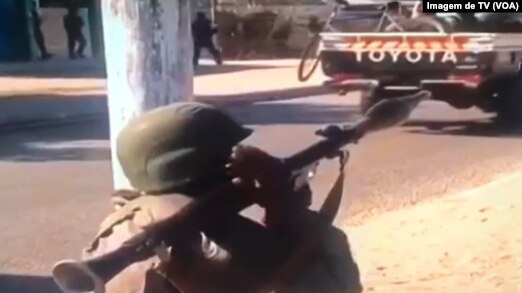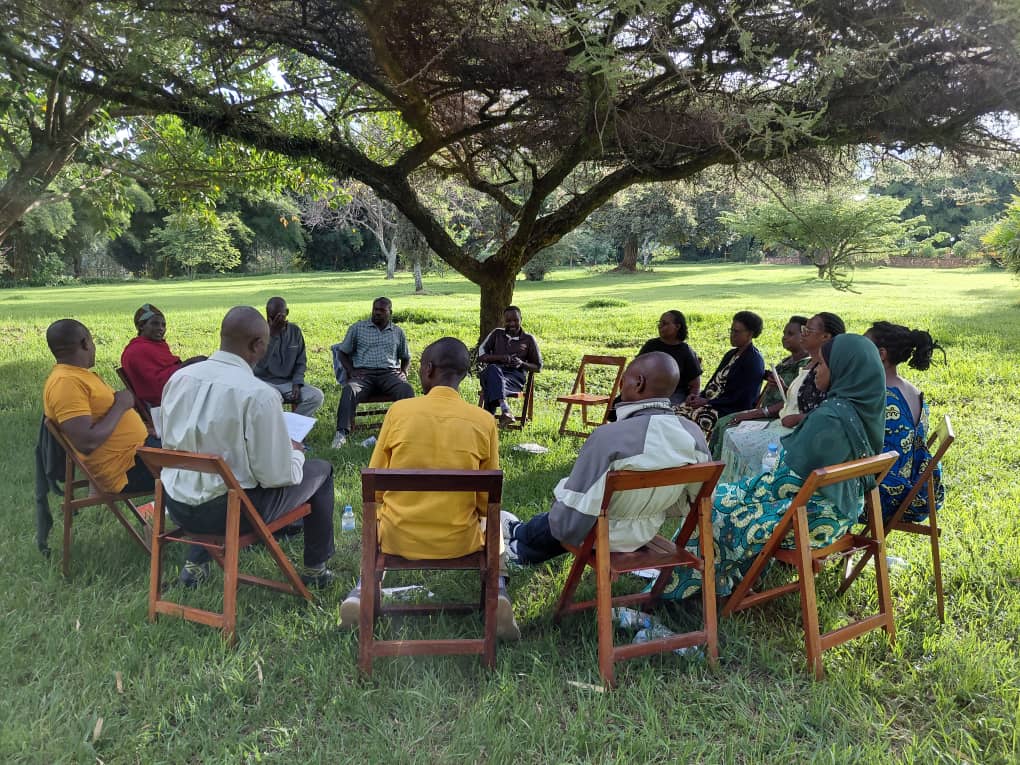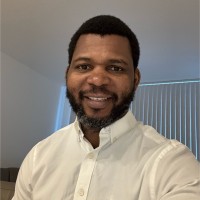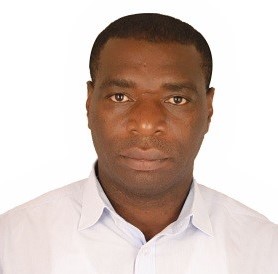Double Seminar of the CRG Conflict continuities: Examining the ethnic dimension of the jihadist insurgency in Northern Mozambique & My neighbour matters: Forgiveness in post-genocide Rwanda
Primary tabs
Programme
13:00-13:10 Welcome
13:10-13:55 Examining the ethnic dimension of the jihadist insurgency in Northern Mozambique, by Borges Nhamirre
13:55:14:05 Break
14:05-14:50 My neighbour matters: Forgiveness in post-genocide Rwanda, by Emmanuel Sarabwe
14:50-15:00 Closing reflections and CRG announcements
1. Examining the ethnic dimension of the jihadist insurgency in Northern Mozambique

Northern Mozambique has experienced armed attacks by local jihadist groups backed by the Islamic State since 2017. The Mozambican government and its Western allies portray the attackers as international terrorists, while research has mostly emphasised socioeconomic grievances such as poverty, youth unemployment, social inequalities, and the exclusion of local communities from the benefits of natural resources as key drivers of the insurgency. Surprisingly, the role of identity-related factors, particularly religion and ethnic tensions, has been underexplored, although they are central to a fuller understanding of the conflict.
This paper seeks to address this gap by examining the ethnic dimension of the jihadist insurgency in northern Mozambique, with a focus on how violence against civilians, perpetrated both by Islamist militants and by government security forces, is shaped by the identity of victims. Drawing on open-source data, key informant interviews, and Armed Conflict Location & Event Data records, preliminary findings indicate that ethnicity has a significant influence on insurgency and counterinsurgency operations in northern Mozambique, as militants tend to be more violent in areas predominantly inhabited by Christian members of the Makonde and Makua ethnic groups, while state forces are more violent towards civilians in coastal areas largely populated by Muslim Mwani communities. The target and type of violence tend to be different, too.
2. My neighbour matters: Forgiveness in post-genocide Rwanda
 The research presented focuses on forgiveness related to crimes committed during the 1994 genocide against the Tutsi in Rwanda. This genocide is considered as the most heinous human rights violation in the twentieth century. In a period of hundred days over one million of people were killed, thousands of women raped, many people injured, and innumerable animals, houses and other properties of Tutsi looted and/or destroyed. The specificity of the genocide was that most perpetrators lived in the same neighborhood before and during the genocide as those they victimized and returned to their previous homes after having served their sentence. This proximity added significantly to the challenge post-genocide Rwanda was faced with: how to peacefully live together again and rebuild the nation. The research to be presented addresses the why, how and outcome of forgiveness as a tool to restore relations broken by violence and, as such, contribute to peace.
The research presented focuses on forgiveness related to crimes committed during the 1994 genocide against the Tutsi in Rwanda. This genocide is considered as the most heinous human rights violation in the twentieth century. In a period of hundred days over one million of people were killed, thousands of women raped, many people injured, and innumerable animals, houses and other properties of Tutsi looted and/or destroyed. The specificity of the genocide was that most perpetrators lived in the same neighborhood before and during the genocide as those they victimized and returned to their previous homes after having served their sentence. This proximity added significantly to the challenge post-genocide Rwanda was faced with: how to peacefully live together again and rebuild the nation. The research to be presented addresses the why, how and outcome of forgiveness as a tool to restore relations broken by violence and, as such, contribute to peace.Respondents in our study included genocide perpetrators who had finished their punishment and requested forgiveness and survivors who had granted forgiveness, as well as their respective spouses and descendants. Seven focus group discussions and twenty-five individual interviews were conducted. A key finding shows that people’s understanding of ‘real forgiveness’ is well captured by the concept of ‘reparative humanism,’ with reference to ubuntu, as introduced by the South African scholar Gobodo-Madikizela. Forgiveness is also considered a family and community affair. A key motivation for forgiveness is the fact that those involved in the process live near to each other. Notably, however, forgiveness does not always automatically contribute to a culture of peace. In the seminar, we explore the implications of these findings for the significance of ‘forgiveness’ in transitional justice processes in Rwanda and beyond.
This seminar is organised by the CRG "Conflict continuities."
Image 1: “Al-Shabaab insurgent during the Battle of Mocimboa da Praia," Voice of America, 27 June 2020 (public domain in the U.S.)
Image 2: "Sociotherapy (approach used to help overcome psychosocial pains) training session hosted by Emmanuel Sarabwe in Rwanda", 24 April 2025, by Emmanuel Sarabwe.
Speaker
 Borges Nhamirre is a Researcher on Peace, Security, and Governance at the Institute for Security Studies (ISS Africa). He holds a Master’s degree in Security Studies from Joaquim Chissano University, Maputo and is currently pursuing a PhD on the History of Ethnicity and Conflict in Northern Mozambique at Queen’s University Belfast (QUB). He has published several research pieces for ISS and smaller pieces in media outlets.
Borges Nhamirre is a Researcher on Peace, Security, and Governance at the Institute for Security Studies (ISS Africa). He holds a Master’s degree in Security Studies from Joaquim Chissano University, Maputo and is currently pursuing a PhD on the History of Ethnicity and Conflict in Northern Mozambique at Queen’s University Belfast (QUB). He has published several research pieces for ISS and smaller pieces in media outlets.
 Emmanuel Sarabwe has an MA degree in Social Work and Social Administration from the Uganda Christian University in Kabale, Uganda (2012) and a second MA in Human Rights, Gender and Conflict in Social Justice Perspective from the International Institute of Social Studies in the Hague, The Netherlands (2017). Since 2005, he has been working for successive programs of Community Based Sociotherapy (CBS Rwanda), supporting Rwandans to deal with the consequences of the 1994 genocide against the Tutsi. His current research projects focus on (1) forgiveness in Rwanda and (2) community resistance to the genocide against Tutsi in Rwanda.
Emmanuel Sarabwe has an MA degree in Social Work and Social Administration from the Uganda Christian University in Kabale, Uganda (2012) and a second MA in Human Rights, Gender and Conflict in Social Justice Perspective from the International Institute of Social Studies in the Hague, The Netherlands (2017). Since 2005, he has been working for successive programs of Community Based Sociotherapy (CBS Rwanda), supporting Rwandans to deal with the consequences of the 1994 genocide against the Tutsi. His current research projects focus on (1) forgiveness in Rwanda and (2) community resistance to the genocide against Tutsi in Rwanda.Date, time and location
10 November 2025
13:00-15:00
Herta Mohrgebouw / Faculty of Humanities, Witte Singel 27a, 2311 BG Leiden
Room 0.31
Registration
Posted on 22 August 2025, last modified on 4 November 2025

